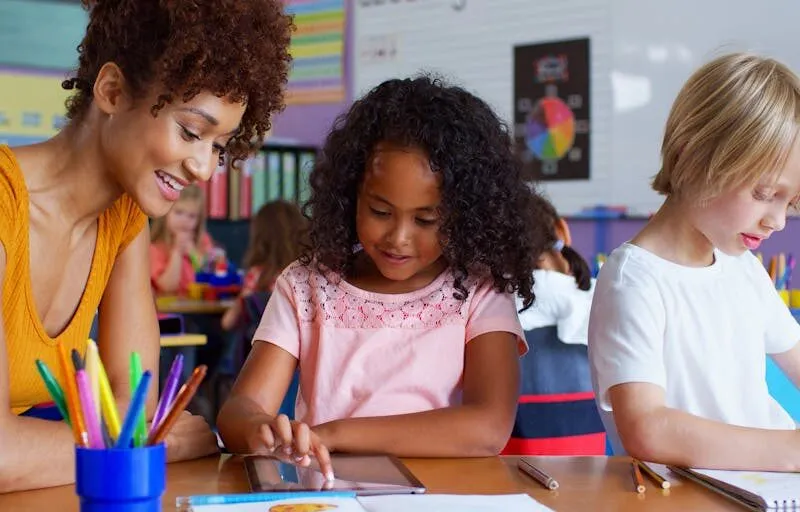The COVID-19 pandemic has brought about significant changes in the way education is delivered worldwide. With schools and universities forced to close their doors to prevent the spread of the virus, educators were forced to quickly adapt to online learning platforms to ensure that students could continue their education remotely. This shift to online classes has had a profound impact on the education system, leading to a new normal that will likely shape the future of learning.
One of the biggest challenges of transitioning to online classes has been the digital divide. Not all students have access to the necessary technology or internet connection to participate in online learning. This has exacerbated existing inequalities in education, with students from low-income households or rural areas at a disadvantage. Schools and governments have had to work quickly to provide devices and internet access to students in need, but the digital divide remains a significant barrier to effective online education.
Another challenge of online classes is the lack of face-to-face interaction between students and teachers. Traditional classrooms provide a space for students to ask questions, collaborate with their peers, and receive immediate feedback from their teachers. In an online setting, it can be more difficult to foster a sense of community and engagement. Teachers have had to find creative ways to keep students motivated and engaged, using tools such as video conferencing, online discussion boards, and virtual group projects.
Despite these challenges, online classes have also brought about some positive changes in education. For one, online learning has forced educators to rethink traditional teaching methods and embrace new technologies. Teachers have had to develop new skills in online instruction, creating more interactive and engaging lessons that can be accessed from anywhere. This shift towards digital learning has the potential to make education more accessible and flexible for students in the long run.
Online classes have also opened up new opportunities for collaboration and networking. Students can now connect with peers and experts from around the world, expanding their horizons and gaining new perspectives. Virtual internships, online conferences, and collaborative projects with students from different countries are just a few examples of how online classes can enrich the learning experience.
As we continue to adapt to this new normal in education, it will be important to address the challenges of online learning while also embracing the opportunities it presents. Schools and educators must work together to ensure that all students have access to the technology and resources they need to succeed in an online setting. At the same time, we must continue to innovate and explore new ways to make online learning more engaging, interactive, and inclusive. By embracing this new normal in education, we can create a more resilient and adaptable system that prepares students for the challenges of the future.


